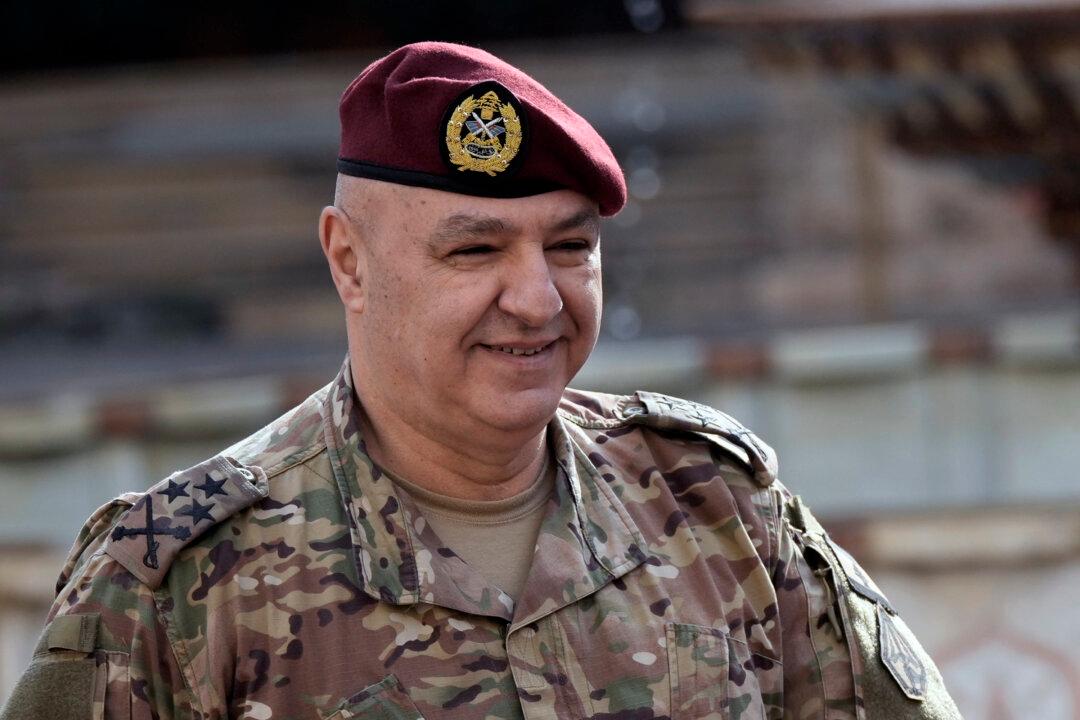Lebanon’s Parliament elected army commander Joseph Aoun as the country’s new president on Jan. 9, ending a more than two-year leadership vacuum and potentially paving the way for much-needed reforms and international assistance.
Lebanon is currently grappling with a severe economic crisis and seeks to rebuild following a recent cease-fire between Israel and the Hezbollah terrorist group.





